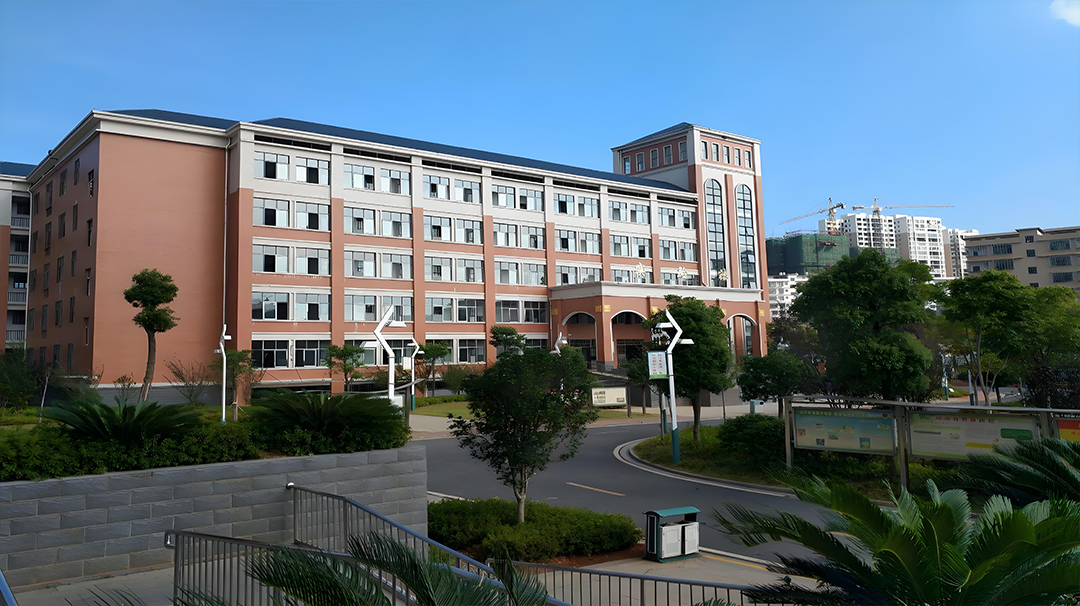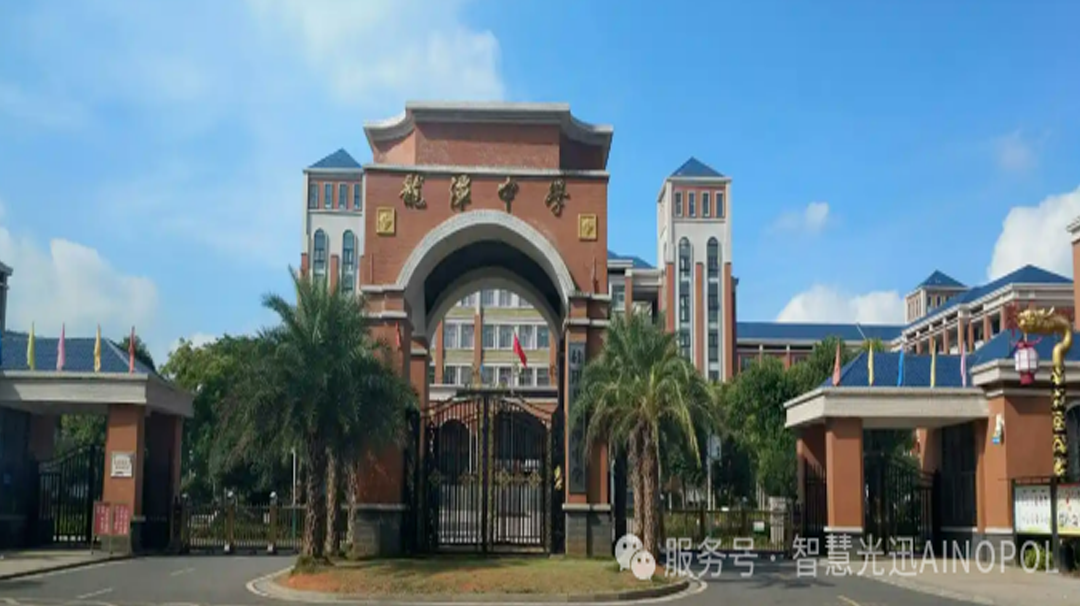
project background
Longping Academician Port is a provincial-level key project personally selected, planned, and nominated by Academician Yuan Longping. The park is located on Changzhou Island in Huangpu District, Guangzhou, with a total land area of 34502 square meters and a total investment of approximately 1.45 billion yuan. In the early stages of construction, the park focused on agricultural research as its core theme. Currently, it is introducing high-end agricultural technology resources and focusing on the construction of a full industry chain platform for the research and development, manufacturing, sales, service, talent cultivation, and brand cultivation of modern lightweight intelligent agricultural equipment. It is committed to building a benchmark park for the aggregation of agricultural technology industries in Guangzhou, a center for the transformation and trading of agricultural technology achievements in the Guangdong Hong Kong Macao Greater Bay Area, and a world-class agricultural technology research and development highland.
After completion of construction, the park will have diversified industrial space and supporting facilities, including Academician Port Museum, Academician Research and Development Center, International Science and Technology Exchange Center, the Belt and Road Agricultural Science and Technology Training Base, Modern Agricultural Machinery Equipment Exhibition Center, Dawan District Agricultural Resources Exchange, Modern Agricultural Science Enterprise Accelerator and Agricultural Leading Headquarters Base. Provide comprehensive academic exchange needs and business activity environment for agricultural researchers.
However, with the advancement of actual operation in the later stage, the development of the intelligent industry has put forward higher requirements for the network carrying capacity of the park. Meanwhile, the project has already incurred significant time and cost during the design and decoration phases. Therefore, in order to ensure the high-speed and stable operation of the park network while controlling the overall investment of the project. Smart Photonics has tailored an efficient "Park All Optical Network Solution" for the park. This plan is suitable for parks with large areas, dense populations, wide business scopes, and complex network systems, such as the Longping Academician Port. By adopting this plan, the park can reduce investment costs and achieve high-quality network coverage and services, meeting the needs and development of the intelligent industry.

Full network coverage: During the network construction period, the park aims to achieve full network coverage from academicians' research and development offices to cross building types, to ensure that every corner of the park can enjoy stable and efficient network services. This full coverage not only helps improve work efficiency, but also meets the needs of agricultural researchers for mobile work, learning, and living.
Unified management of network equipment: In order to create a smart ecosystem, the park also focuses on the unified management and maintenance of network equipment, ensuring that various businesses within the park can be uniformly carried on the network. This includes but is not limited to scientific research data transmission, video conferencing, online agricultural research education, remote meetings, etc.



Program value
This solution utilizes all-optical network access to achieve full scene coverage of the park, while also targeting different application scenarios such as smart office and building complexes in the park. Combined with the network needs of agricultural researchers in the scenario, it greatly meets the daily operational business needs of the park and provides an efficient, stable, and responsive network environment for agricultural researchers.
Through the construction process of the "Longping Academician Port - All Optical Network Project", Smart Photonics is able to make customized adjustments based on specific needs of different scenarios, fully understanding customer requirements, and truly adapting to local conditions and needs.



